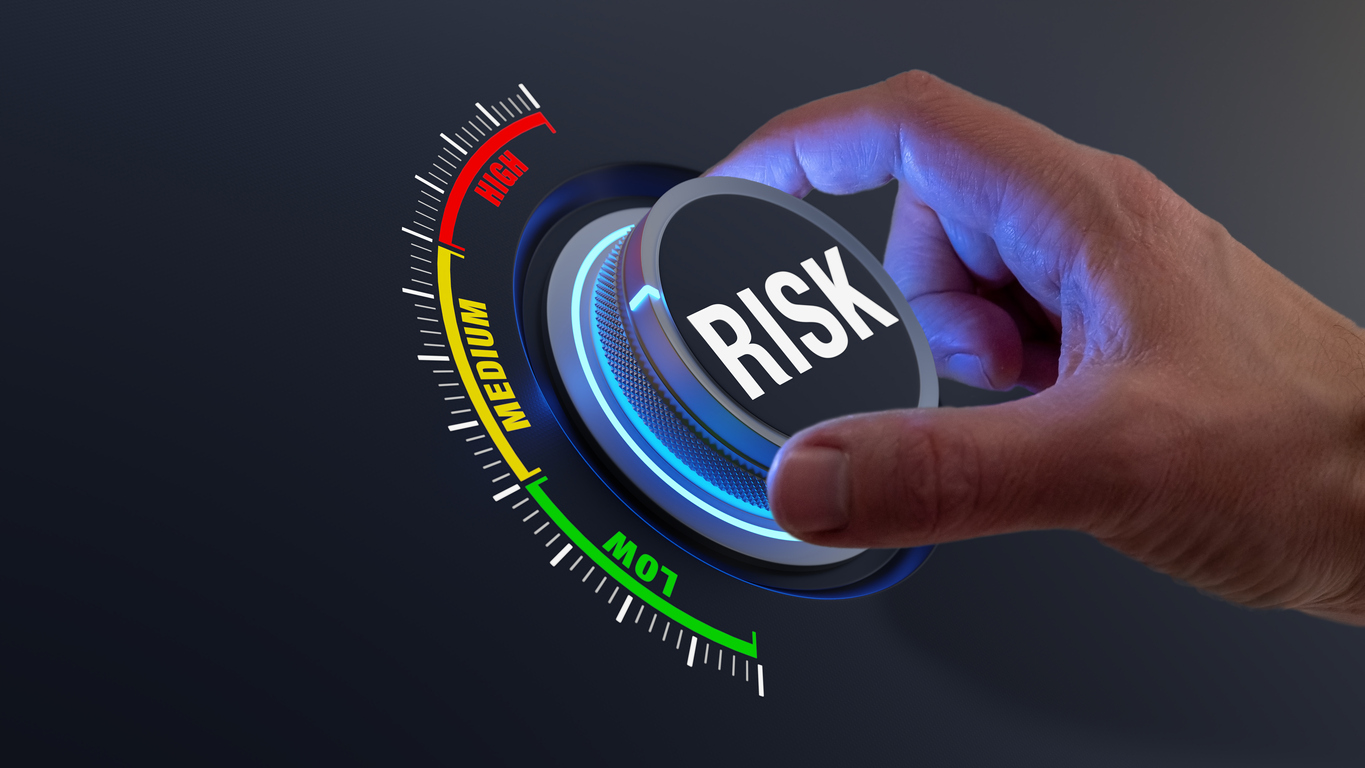Risk Management in Procurement and Strategies for Success
In an era of global supply chain disruptions, economic uncertainties, and geopolitical tensions, risk management has become a critical component of procurement strategy. Effective risk management not only mitigates potential disruptions but also creates a resilient supply chain that can adapt to unforeseen challenges. This article explores key strategies for successful risk management in procurement, illustrated with real-life examples and backed by insights from leading journals and news publications.
A thorough risk assessment is the foundation of any robust risk management strategy. This involves identifying potential risks, evaluating their impact, and developing mitigation plans. General Electric (GE) employs a comprehensive risk assessment framework to manage its supply chain risks. GE's procurement teams conduct regular risk assessments to evaluate supplier financial health, geopolitical risks, and operational capabilities. According to the Harvard Business Review, GE’s proactive risk management has minimized the impact of economic volatility, ensuring a steady supply of critical components. Utilising risk assessment tools to identify and evaluate potential risks in your supply chain, conducting regular reviews, and collaborating with suppliers to understand their risk management practices are essential steps in this process.
Diversifying the supplier base is another key strategy to mitigate supply chain risks. Relying on a single supplier can be risky; having multiple suppliers reduces the impact of disruptions. Apple has diversified its supplier base to mitigate risks associated with geopolitical tensions and trade policies. By sourcing components from multiple countries, including Vietnam and India, Apple has reduced its dependency on China. The Wall Street Journal reported that this diversification strategy helped Apple avoid significant disruptions during the US-China trade war. Developing a diverse network of suppliers, regularly evaluating their performance and capabilities, and establishing backup suppliers for critical components are practical measures to enhance supply chain resilience.
Building strong relationships with suppliers is crucial for effective risk management. Collaborative partnerships can enhance communication, improve problem-solving, and ensure mutual support during crises. Toyota’s approach to supplier relationships, known as the Keiretsu system, involves building long-term, collaborative partnerships. During the 2011 earthquake and tsunami in Japan, Toyota worked closely with its suppliers to quickly restore production. According to Forbes, these strong relationships enabled Toyota to resume operations faster than many competitors. Engaging with suppliers regularly to build trust, providing support during crises, and maintaining transparency in communications are vital practices for fostering strong supplier relationships.
Leveraging technology and data analytics can significantly enhance risk management capabilities. Advanced tools can provide real-time insights, predictive analytics, and scenario planning. IBM uses advanced data analytics and AI to manage procurement risks. The company’s Watson Supply Chain platform analyses vast amounts of data to predict disruptions and recommend mitigation strategies. The Journal of Supply Chain Management reported that IBM’s use of AI has improved supply chain resilience and reduced the impact of potential risks. Integrating advanced technologies such as AI and machine learning into risk management processes, implementing real-time monitoring tools, and using predictive analytics to anticipate potential disruptions are effective strategies for leveraging technology in risk management.
Contingency planning is essential for preparing for unexpected events. This involves creating detailed plans for various scenarios, ensuring that the organisation can respond swiftly and effectively. Procter & Gamble (P&G) has developed comprehensive contingency plans to manage supply chain disruptions. During the COVID-19 pandemic, P&G activated its contingency plans to secure alternative sources for critical raw materials. According to the Journal of Business Logistics, this proactive approach ensured continuity of supply and minimised disruptions. Developing contingency plans for various risk scenarios, establishing dedicated response teams, and regularly testing and updating these plans are crucial steps in effective contingency planning.
Incorporating sustainability and ethical practices into procurement not only reduces risks but also enhances corporate reputation and compliance. Unilever’s Sustainable Living Plan incorporates sustainability and ethical sourcing into its procurement strategy. By focusing on sustainable raw materials and fair labour practices, Unilever has reduced supply chain risks and improved resilience. The Financial Times reported that these practices have also enhanced Unilever’s brand reputation and customer loyalty. Prioritising sustainable and ethical sourcing practices, ensuring compliance with environmental and labour regulations, and partnering with suppliers who share your commitment to sustainability are important measures for integrating sustainability into procurement.
Effective risk management in procurement is essential for building a resilient supply chain capable of withstanding global disruptions and uncertainties. By conducting comprehensive risk assessments, diversifying suppliers, building strong relationships, leveraging technology, developing contingency plans, and emphasizing sustainability, procurement professionals can navigate risks and ensure long-term success. Leading companies like GE, Apple, Toyota, IBM, P&G, and Unilever demonstrate that these strategies are not just theoretical but practical approaches that drive resilience and efficiency in procurement.
#ThoughtLeadership #RiskManagement #ProcurementStrategies #SupplyChainResilience #Sustainability


